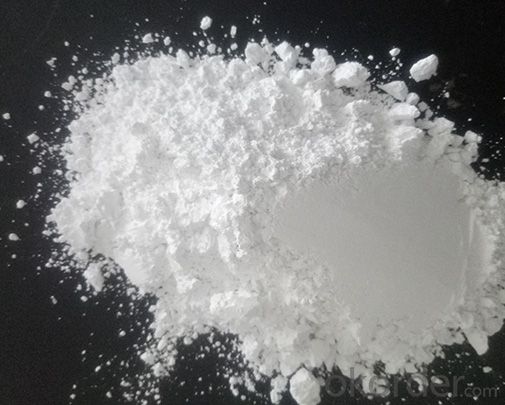Calcined alumina is aluminum oxide that has been heated at temperatures in excess of 1,050 °C (1,900 °F) to drive off nearly all chemically combined water. In this form, alumina has great chemical purity, extreme hardness (9 on the Mohs hardness scale, on which diamond is 10), high density, and a high melting point (slightly above 2,050 °C [3,700 °F]). It possesses good thermal conductivity, heat and shock resistance, and high electrical resistivity at elevated temperatures. This combination of properties makes calcined alumina useful in abrasives, glass, porcelains, spark plugs, and electrical insulators, but the greatest quantity of calcined alumina is used to obtain aluminum.


